Podcast: Play in new window | Download (Duration: 2:00 — 2.8MB) | Embed
Subscribe: Apple Podcasts | Spotify | Amazon Music | Android | Pandora | iHeartRadio | JioSaavn | Podchaser | Gaana | Podcast Index | Email | TuneIn | Deezer | Anghami | RSS | More
Day 4
St. Padre Pio you have said: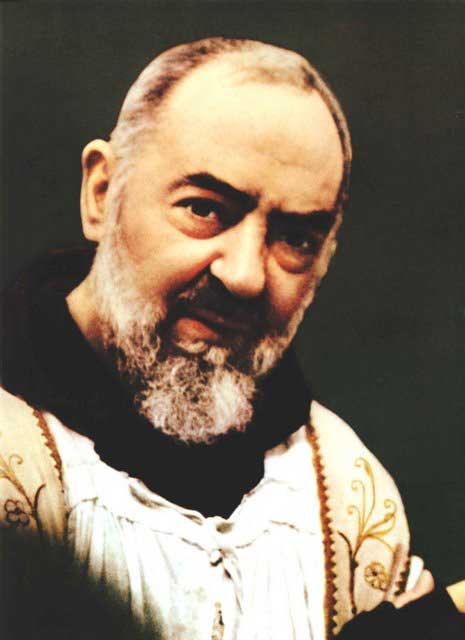
I often think that there is only one thing in this base world which can soothe the most acute pain which pierces the heart when we see ourselves far from God, the source and consolation of distressed souls. That one thing is solitude, for here the soul enjoys sweet rest in the One who is its true peace. I want the heavenly Father to grant you the grace of stability in all your resolutions, not least of all your resolution to grow in holiness and to be silent and reduce to silence everything around you, so that you may hear the divine voice of the Beloved and establish with Him a tranquil and everlasting dialogue.
Gracious God, you generously blessed your servant, Padre Pio, with the gifts of the Spirit. You marked his body with the five wounds of Christ Crucified, as a powerful witness to the saving Passion and Death of your Son, and as a stirring inspiration to many people of your infinite mercy, forgiveness and love.
In the confessional, Padre Pio labored endlessly for the salvation of souls. Through his powerful intercession, many who suffered were healed of sickness and disease. Endowed with the gift of discernment, he could read people’s hearts. With dignity and intense devotion, he celebrated daily Mass, inviting countless men and women to a greater union with Jesus Christ, in the Sacrament of the Holy Eucharist.
Through the intercession of Saint Pio, we confidently beseech you to to grant us the grace of (state your petition here). Help us to imitate his example of prayerful holiness and compassion, so that we, too, may faithfully follow the Risen Lord, and one day rejoice in the Kingdom, where you live and reign forever and ever. Amen.

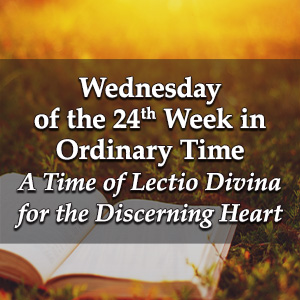 Wednesday of the Twenty-Fourth Week in Ordinary Time – A Time of Lectio Divina for the Discerning Heart Podcast
Wednesday of the Twenty-Fourth Week in Ordinary Time – A Time of Lectio Divina for the Discerning Heart Podcast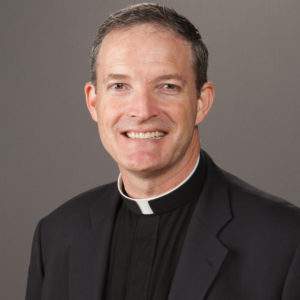
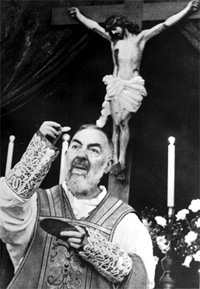
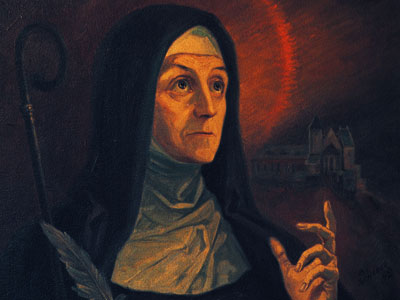
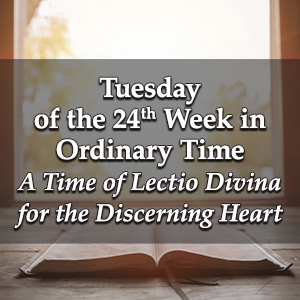 Tuesday of the Twenty-Fourth Week in Ordinary Time – A Time of Lectio Divina for the Discerning Heart Podcast
Tuesday of the Twenty-Fourth Week in Ordinary Time – A Time of Lectio Divina for the Discerning Heart Podcast
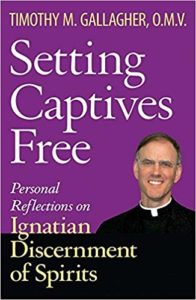
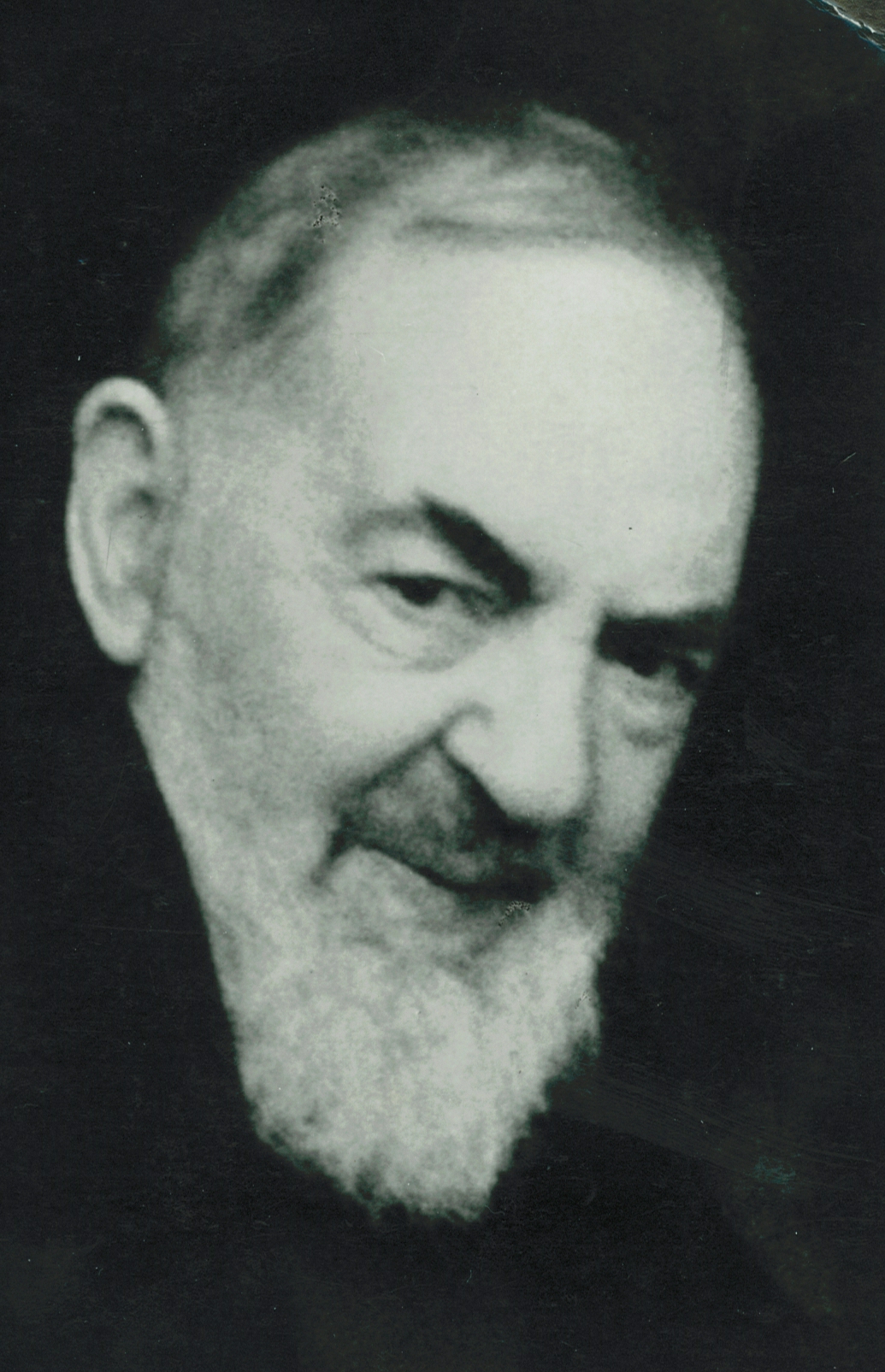
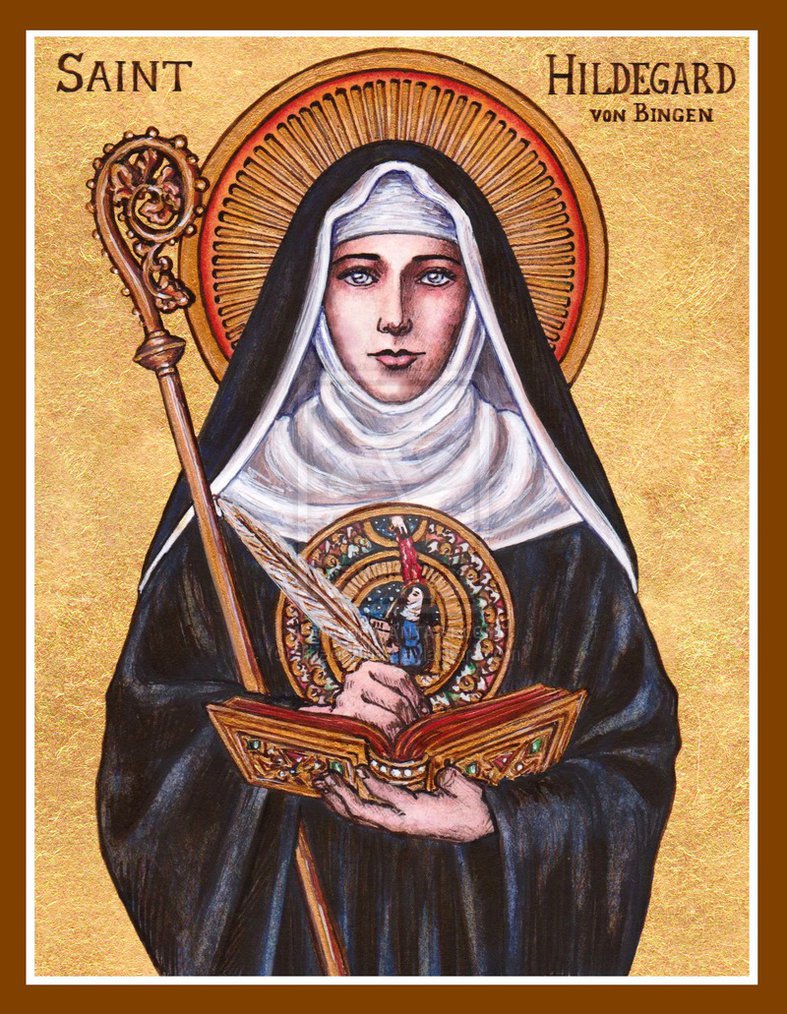
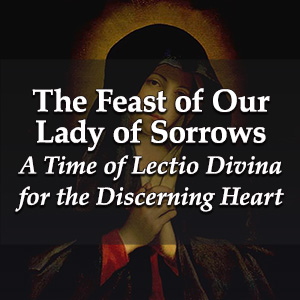 The Feast of Our Lady of Sorrows – A Time of Lectio Divina for the Discerning Heart Podcast
The Feast of Our Lady of Sorrows – A Time of Lectio Divina for the Discerning Heart Podcast